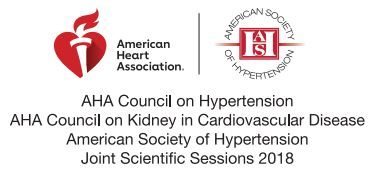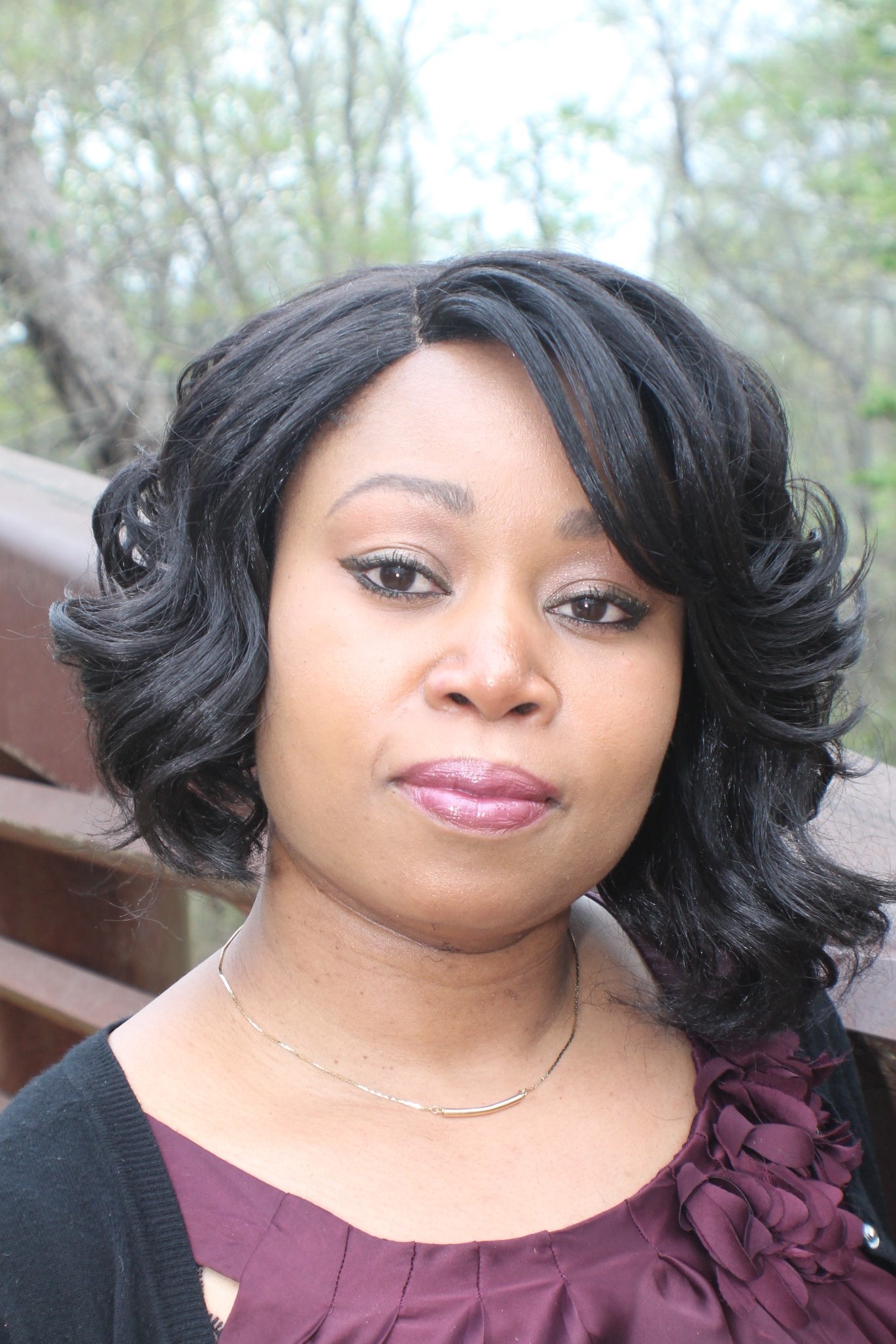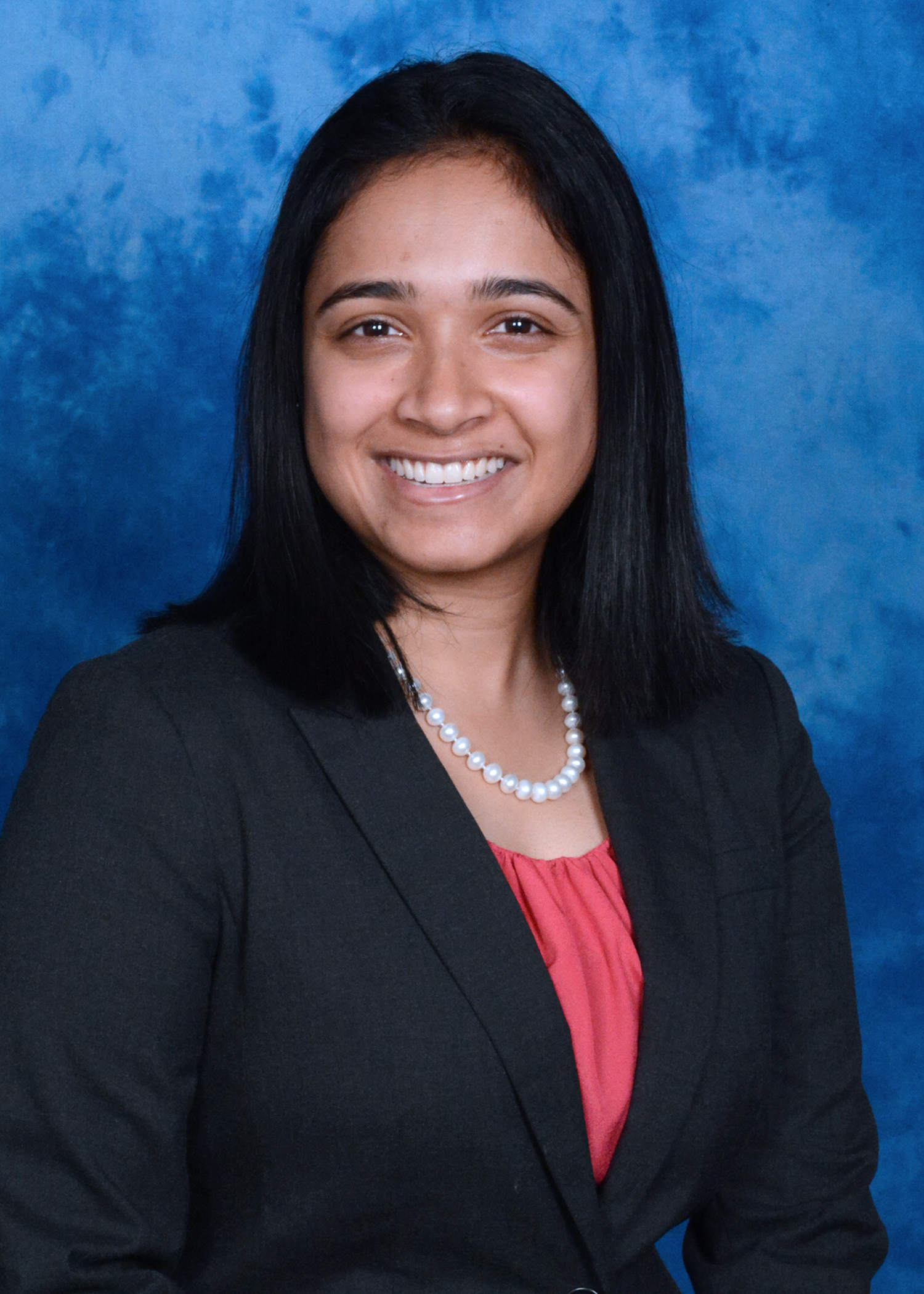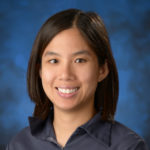A Graduating Fellows Guide to Pediatric Cardiology Resources
July is an important month for medical education— whether it’s graduating from med school and starting intern year, finally becoming a senior or starting fellowship. With fellowship ending for me, and starting for many, I started to compile a list of resources for pediatric cardiology to share.
Many of these resources were passed down to me by seniors or mentors, but also many were found on twitter (read more about how you can use this to your advantage in my previous blog). Some emerged recently during COVID-19 in an effort to bring pediatric cardiology together virtually and bridge education gaps for webinars, lectures and more.
For online resources, I recommend creating a folder on your browser and saving sources for easy access later. Another helpful thing for me was saving the links to Moss & Adams, Mayo Clinic Board Review, & Lai echo e-books in this folder so that you can access them anytime and not have to carry the books around(you can find the codes in the front cover of the book).
Below are websites for great lectures, webinars and reading, clinical resources, apps, podcasts, important organizations and ways to find job postings. Enjoy and please share!
Websites for Lectures, Reading and Resources:
Heart University– Educational video on pediatric and adult congenital heart disease (ACHD) includes pathology lectures by Dr. Robert Anderson. They also host great webinars on various topics with leaders in the field.
SPCTPD– PC-NES (Pediatric Cardiology National Education Series), a lecture series that was started to provide education to fellows during the pandemic— you can access all the previous lectures that were given on various topics with lecturers from around the country, this is planned to continue in the fall.
SCMR– Cardiac MRI case based webinars.
ACHA– ACHD association with webinars on various topics.
Dr. Robert Pass EP lectures; Excellent weekly EP conferences(Mondays 7am EST) with the Mount Sinai pediatric cardiology fellows, past conferences are on this YouTube page and the link to join live is sent via pediheartnet(see below), you can also find Dr. Pass on his podcast(below) and on twitter!
Multimedia Manual of Cardio-thoracic Surgery– Surgical videos and descriptions geared towards surgeons but helpful to explain and see common CHD procedures).
Cardiology Notes– Summaries of various chapters from Moss & Adams, Lai Echo, as well as other pediatric cardiology tests and resources.
Parameterz– website for Z scores to use for echo, easy to use on desktop or phone
Virtual TEE (Toronto) – TEE simulator.
Podcasts:
Pediheart– Peds Cardiology Podcast hosted by Dr. Robert Pass (above) – review of recent literature and topics usually with a great guest, tune in each week (released Friday) and learn to appreciate Opera too.
Cardionerds– Mostly geared toward adult cardiology with some overlap to Peds.
PCICS– Cardiac ICU topics and discussion with various leaders in the field.
Apps: (links are to the apple store, but they should be available through google play too!)
EP tools lite– Various EP calculators including WPW pathway localization tool.
Heartpedia– Great resource for education for patients, medical students and residents with easy to use interactive diagrams of common CHD and repairs.
Pacemaker– Using the patient’s chest XR, snap a picture of the pacemaker and this will tell you who the maker is (Medtronic, St. Jude, etc.)
Practice Update– Follow topics (i.e. Cardiology) and receive virtual “stacks” of the latest literature on that topic with quick reviews and links to full text.
Dimity– Use this app to make patient phone calls from your phone so your number shows up as the hospital line and not your number or unknown. Very helpful for home call!
Conferences/Organizations: all conferences through 2020 are now virtual allowing you to access more content. Remember as a fellow your membership and registration is usually discounted or free, take advantage while you can!
ACC– Annually in March.
ASE– Annually in the summer (virtual August 8-10) and only $75 for fellows).
PICS-AICS Cath focused conference annually in September.
AHA– Annually in November.
PCICS Annually in December for those interested in cardiac ICU. Bonus fact- they are also hosting virtual meetings on experience and research related to COVID-19 and pediatric cardiac care.
PAC3, PC4 & NPC-QIC– Collaborative organizations to improve outcomes in congenital heart disease, along with these are great organizations for quality improvement and outcomes research and hold an annual conference along with webinars.
CHOP pediatric cardiology update Annual dedicated pediatric cardiology conference in February.
Job Postings: below are links to sites that may be helpful as you are looking for jobs, don’t hesitate to reach out to people, have your mentors reach out or cast a wide net, you may find opportunities that aren’t posted.
Pediheartnet- A list server with job postings; this also facilitates discussion between cardiologists around the world, this is the server that the weekly EP conferences (above) will be sent out on and other great opportunities- a must join!
Other sites for job postings-
Congenital Cardiology Today
CareerMD Pediatric Cardiology Job Bulletin
NEJM Career Center ACC Career & AHA Career Center – refine your search by specialty and receive emails with new postings.
Happy July, and don’t forget to be kind and welcoming to someone new in the hospital, you were there once too!
“The views, opinions and positions expressed within this blog are those of the author(s) alone and do not represent those of the American Heart Association. The accuracy, completeness and validity of any statements made within this article are not guaranteed. We accept no liability for any errors, omissions or representations. The copyright of this content belongs to the author and any liability with regards to infringement of intellectual property rights remains with them. The Early Career Voice blog is not intended to provide medical advice or treatment. Only your healthcare provider can provide that. The American Heart Association recommends that you consult your healthcare provider regarding your personal health matters. If you think you are having a heart attack, stroke or another emergency, please call 911 immediately.”



